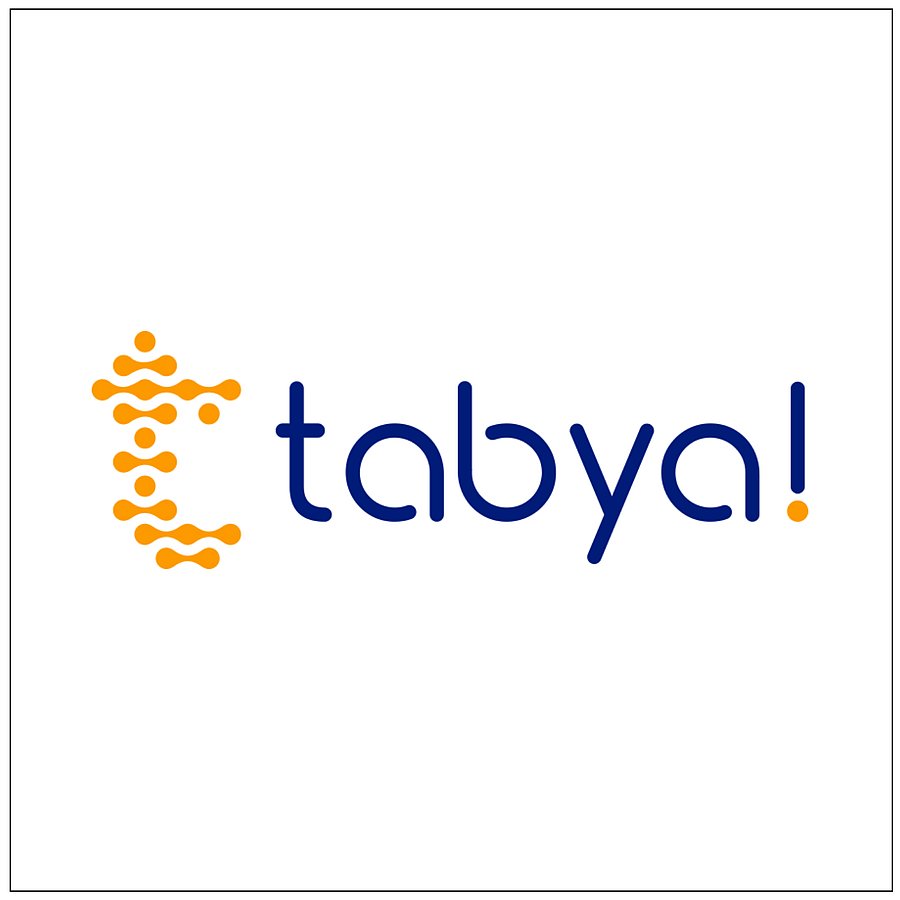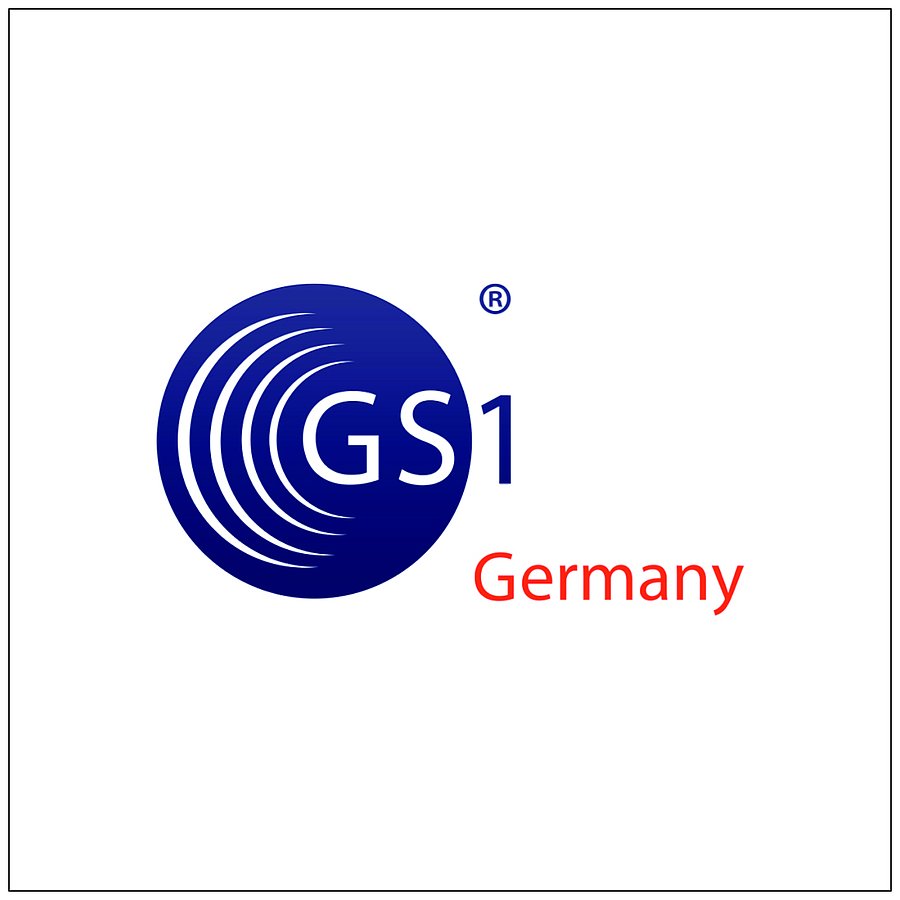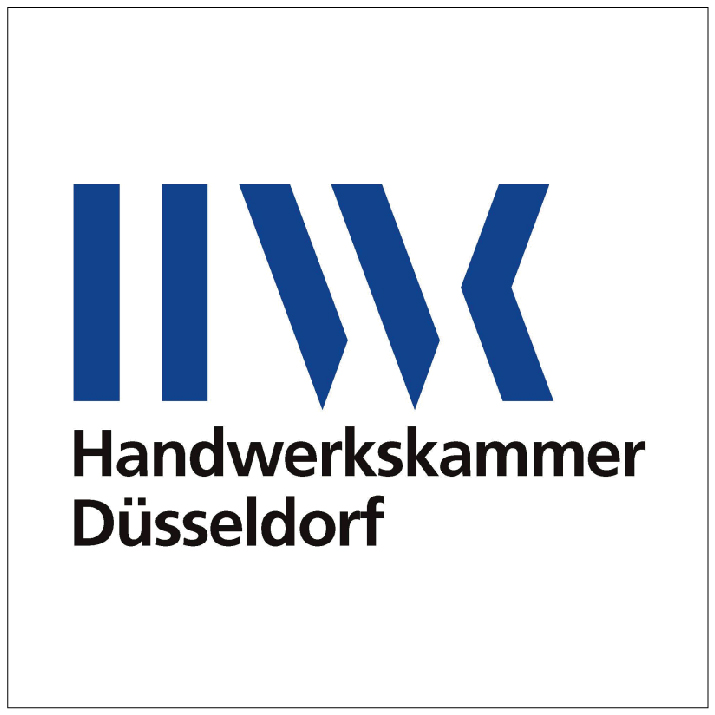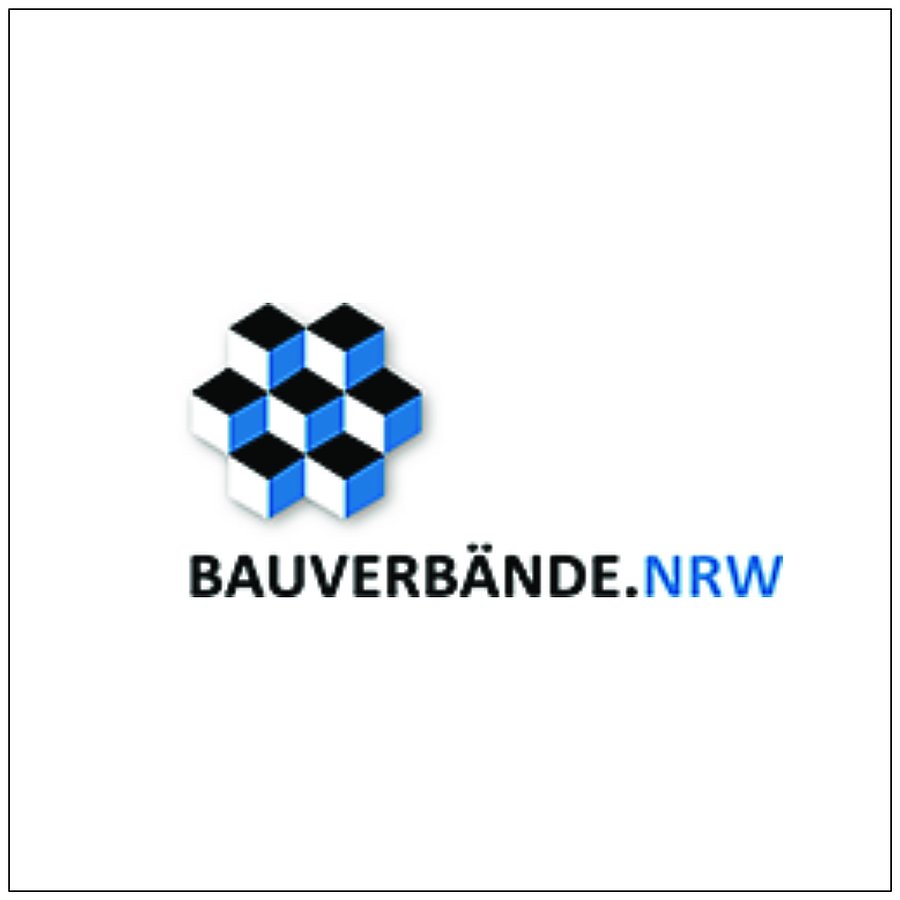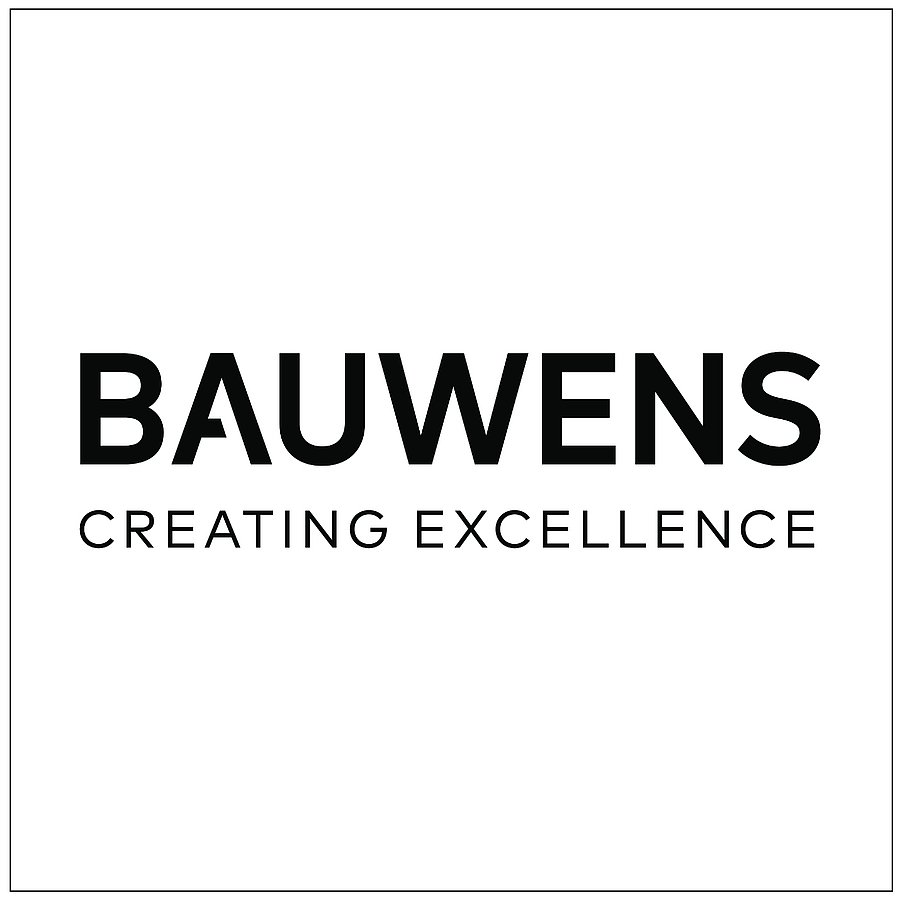DigiBauDok experimental lab
Building contractors as a central instance for digital, automated building documentation
Funding provider: Ministry of Regional Identity, Communities and Local Government, Building and Gender Equality of the State of North Rhine-Westphalia, Innovative Building Project Group
Project duration: 12/2021 to 04/2024
In the life cycle of buildings, a large amount of information is both required and generated by different parties at different times. Unfortunately, the information generated - sometimes incompletely - is only available to individual stakeholders to a very limited extent or in isolation. Information management and data consistency in the life cycle of buildings is currently hardly practiced in Germany and efficient, appropriate and sustainable planning, construction, operation and dismantling of buildings is massively impeded. Social challenges, such as the better design of sustainability, also need to be overcome.
The technical feasibility of using standardized identifiers from other industries for construction products and the use of barcodes, data matrix and/or RFID as ICT tools (information and communication technologies) in the construction and real estate industry have been investigated and proven in depth by the BIM Institute over the last ten years. The task now is to convince those involved in construction to use the digital possibilities and to involve them in the process. At the same time, digital construction documentation is one of the most important BIM applications for private and public clients.
The aim of the research project is to demonstrate the practical feasibility of data consistency with the aim of digital building documentation on real construction projects as a basis for achieving the "big" goals, such as sustainability, resource efficiency, traceability, etc., both on real construction sites and in the form of a so-called "DigiBauDok" experimental lab. The first step is to investigate how many of the construction products from the trade have standardized labels. At the same time, it will be analyzed which information is already available through the existing standardized labels and who currently provides them. Based on the results of the analysis, it is worked out which of this information is relevant for integration into building information models and for which objective. In the next step, the role on the construction site responsible for linking the information with the building information models will be discussed with practitioners. At the same time, an application developed by the associated partner tabya GmbH for the logistics of the construction yard will be expanded to include the logistics and installation processes as well as the link to building information models on the construction site. At the same time, the construction contractors of the associated partner, BAUWENS GmbH & CO. KG, and the associated partners, Handwerksammer Düsseldorf and BAUVERBÄNDE.NRW, will be involved in the development and application process and the acceptance and manageability of the application will be evaluated by the responsible roles identified in advance. The application tested on the construction sites of BAUWENS GmbH & CO. KG is documented by filming a video. In addition, an experimental lab "DigiBaudok" will be made available to all interested parties for them to touch and use themselves, even beyond the duration of the project. The experimental lab is located in the BIM lab at the Haspel campus of the university of Wuppertal and can be used.
The research report is currently being prepared.
Digital building documentation
Practice partner
